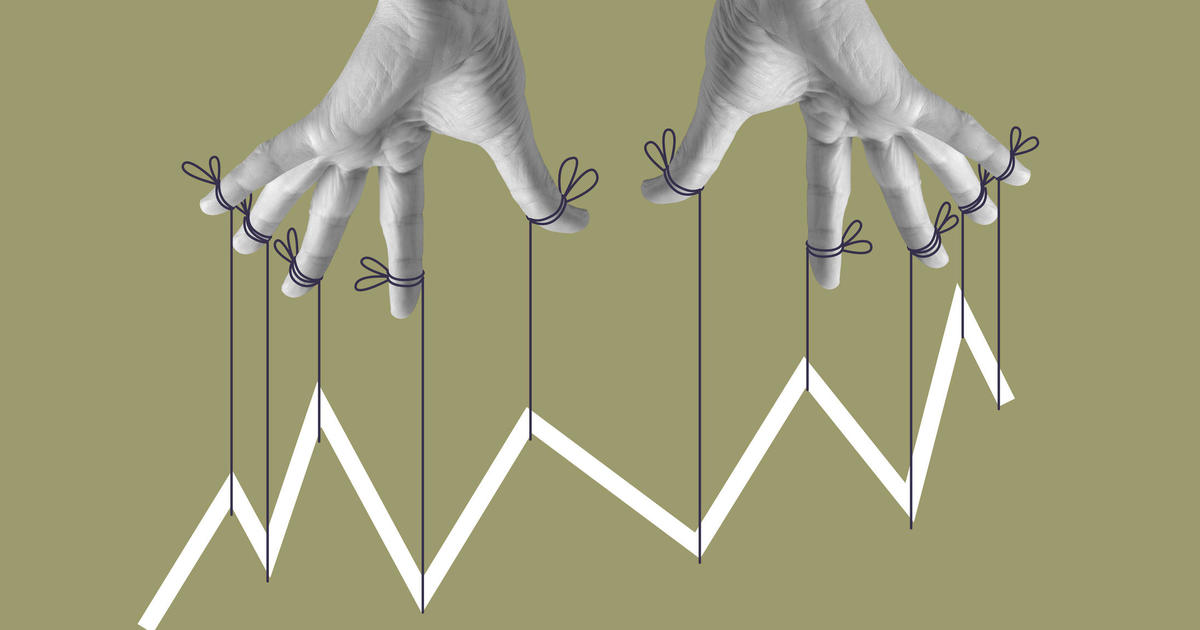High unemployment is slamming minorities particularly hard
African-American workers are suffering from the unemployment avalanche worse than their white counterparts are, according to the nation's jobs report released Friday. People of color are experiencing unemployment at a higher clip during the coronavirus pandemic and that's partly due to the frontline service jobs they once held in supermarkets, warehouses and transportation, said economists who track inequality.
The unemployment rate fell to 13.3% in May after almost surpassing 15% in April. The African-American unemployment however rose slightly to 16.8%, meaning an additional 87,000 black workers joined the unemployment line in May.
"At a time of unprecedented anguish for our country, today's jobs report demonstrates just how far we have to go to rebuild the economy, especially for Black Americans," former U.S. labor department economist William Rodgers said in a statement. "This is consistent with previous recessions and recoveries: Blacks are the first to get fired and the last to get rehired."
While many industries saw job growth last month, transportation and warehousing positions fell by the thousands. Those areas also happen to be staffed largely by workers of color, according to the left-leaning Center for Economic and Policy Research.
Three out of every 10 workers in warehouses, the postal service, child care and public transit are black, compared to two out of 10 who are white, the center said in an analysis.
Bill Spriggs, chief economist at the AFL-CIO, said the jobs report shows a pattern companies have used for decades after the job market begins its recovery from a recession.
"Typically within a downturn, the employers hire back all the white people in the first few months and then the black unemployment rate starts dropping," Spriggs said.
The black unemployment rate has historically been double that of white workers, economists said. That gap could grow even wider as the U.S. climbs out from under the pandemic, Spriggs said.
Spriggs and other economists said Friday's data confirms that blacks were the first to lose their jobs in March and since then haven't been brought back to work even though jobs are returning.
Mass unemployment is hitting black communities when they're still reeling from being disproportionately killed by COVID-19 and being outraged by the deaths of Ahmaud Arbery in Georgia and George Floyd in Minnesota. Black business owners said they've had a uniquely difficult time lately after being shut out of federal coronavirus aid and sidelined while looters damaged their stores during protests.
Prior to Friday's jobs report, economists predicted the unemployment rate would reach levels last seen during the Great Depression. Forecasters were then surprised to see employers added 2.5 million jobs last month.
"Still, within this crazy jobs report, we see the same thing we've always seen with African-Americans," said Olugbenga Ajilore, senior economist at the Center for American Progress. "There's the general world and there's the world that African-Americans live in and it's the same story we've seen for the past 50 years plus."




